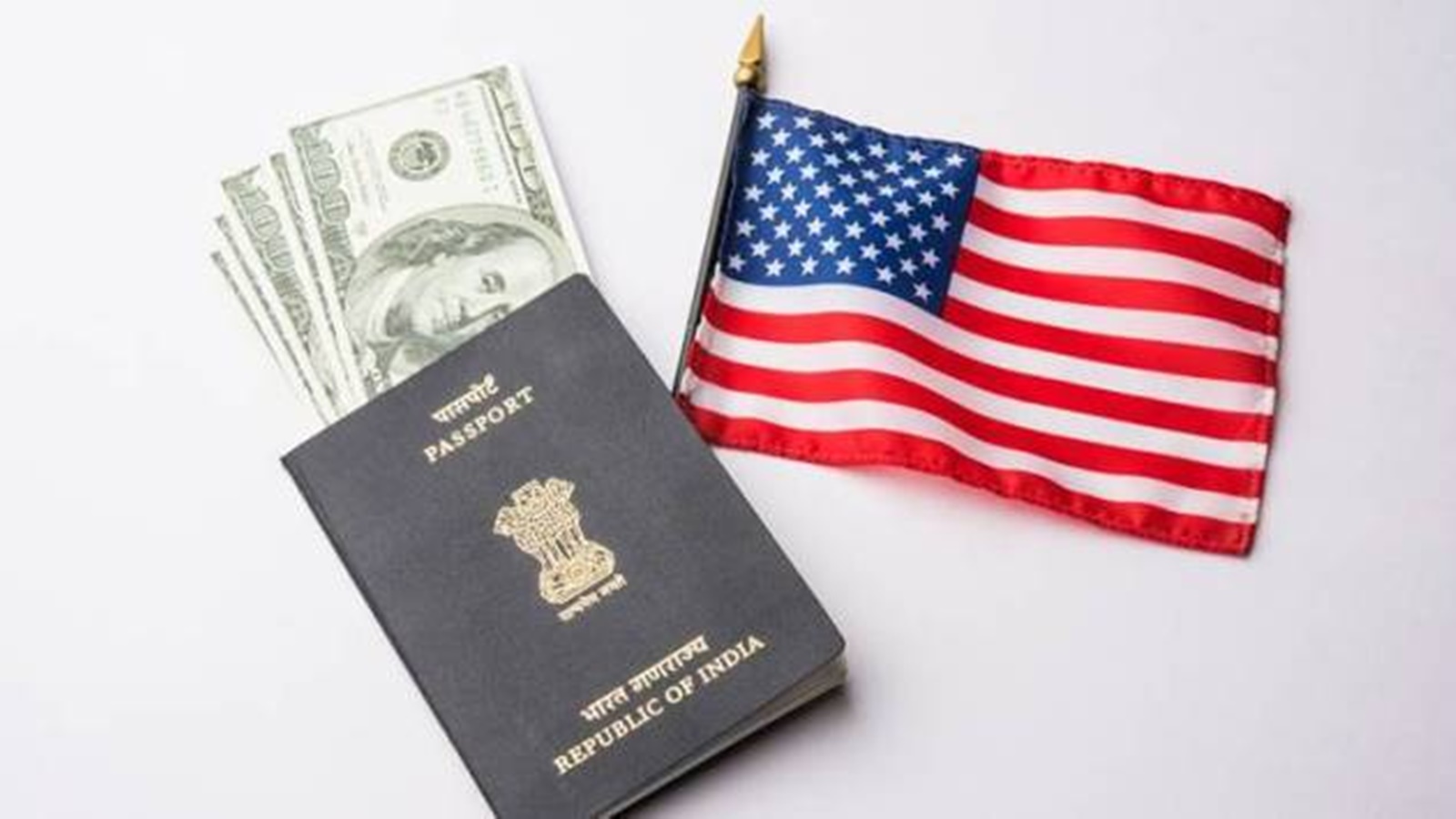USCIS Launches New Organizational Accounts for H-1B Registrations & Online Petitions
This significant USCIS update streamlines H-1B filing processes for organizations while introducing new mandatory requirements that impact both employers and beneficiaries.

Subscribe to our newsletter and stay informed about latest H1B news, policy updates and and other developments.
Article Summary
USCIS announced the launch of myUSCIS organizational accounts, enabling multiple users within an organization and their legal representatives to collaborate on H-1B registrations and petitions. This new system is mandatory for the FY 2025 H-1B cap registration period (March 6-22) and introduces a new requirement for beneficiaries to provide valid passport or travel document information. USCIS will also roll out online filing for non-cap H-1B petitions in March and cap petitions from April 1.
Original Article: indianexpress.com
[ Sentiment: neutral | Tone: factual ]
This summary and analysis were generated by TheNewsPublisher's editorial AI. This content is for informational purposes only; it does not constitute legal or immigration advice.
[ Sentiment: neutral | Tone: factual ]
This summary and analysis were generated by TheNewsPublisher's editorial AI. This content is for informational purposes only; it does not constitute legal or immigration advice.
TNP AI: Key Insights
This change addresses a long-standing challenge for employers and legal teams, who previously struggled with single-user accounts, by facilitating seamless collaboration on H-1B registrations and petitions. The requirement for a new organizational account for the upcoming FY 2025 H-1B cap underscores the urgency for stakeholders to adapt to these procedural shifts immediately.
Beyond streamlining, the new mandate for passport or travel document information for each beneficiary signals USCIS's move towards enhanced data integrity and verification. This modernization effort, including the introduction of online Form I-129 filing, aligns with broader government initiatives to digitize immigration processes, potentially setting a precedent for other visa categories in the future.




